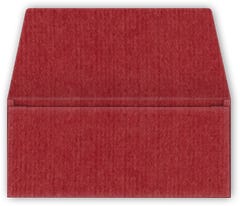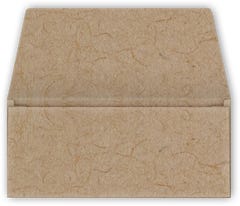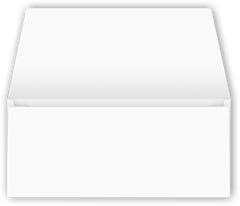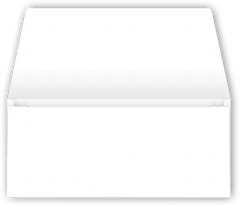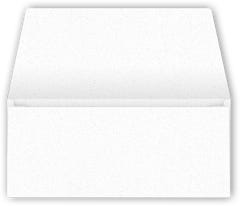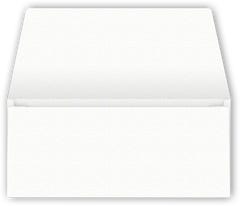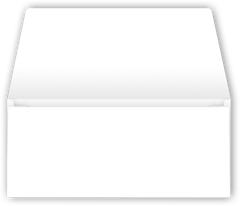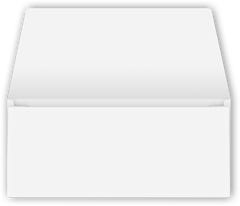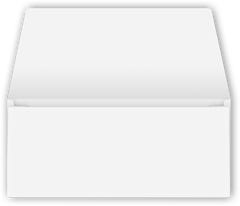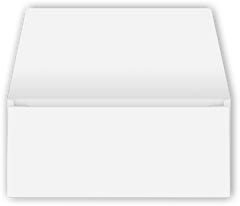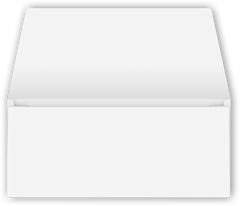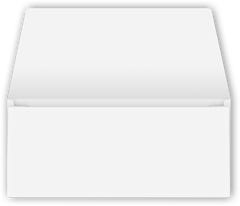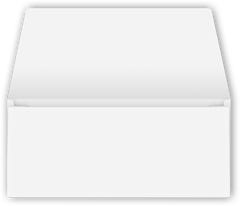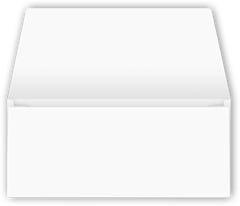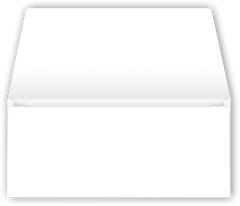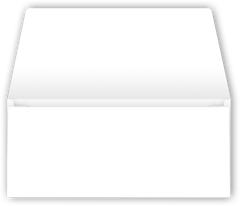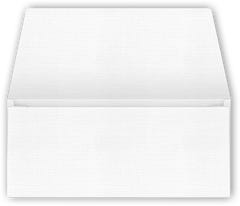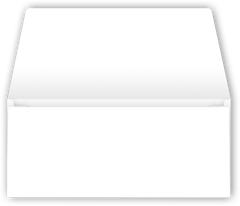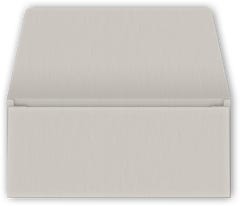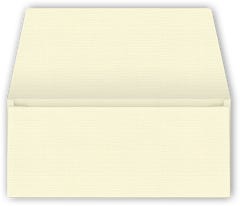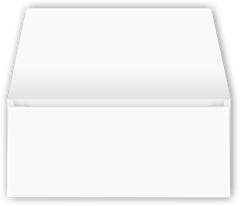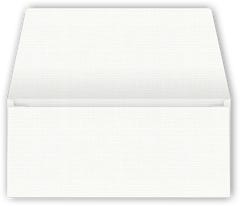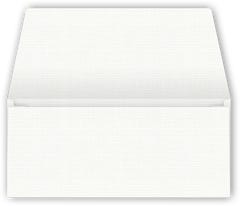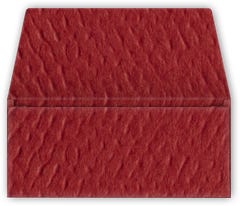
Folder For Important Documents
Organizing important documents with document folders is crucial for efficiency and stress reduction in personal and professional settings, providing easy access to papers, protection from damage or loss, and improved organization through various types of folders, real-world use cases, and examples of document organization.
Organizing Important Documents with Document Folders
Key Summary:
- The article will discuss the importance of organizing important documents efficiently with the use of document folders.
- It will provide detailed information on the benefits of using document folders, real-world use cases, and examples of how to effectively organize documents.
- Key findings will cover types of document folders, organizing tips, real-world use cases, and examples of document organization.
In today's fast-paced world, keeping important documents organized is essential for both individuals and businesses. Document folders play a crucial role in this process, providing a secure and efficient way to store and access important papers. This article will explore the benefits of using document folders, different types available, real-world use cases, and tips for effective document organization. By implementing the strategies and tips provided, readers can improve their document organization and efficiency.
Benefits of Using Document Folders:
Using document folders offers numerous benefits for individuals and businesses alike. One key advantage is easy access to important documents. By organizing papers in folders, individuals can quickly locate specific documents when needed, saving time and reducing stress. Additionally, document folders provide protection from damage or loss. Papers stored in folders are less likely to be misplaced or damaged, ensuring that important information remains secure.
Improved Organization:
Document folders help improve overall organization by providing a structured system for storing papers. By categorizing documents into folders based on their type or importance, individuals can create a clear and efficient filing system. This organization makes it easier to find specific documents, track important information, and maintain a clutter-free workspace.
Types of Document Folders:
There are various types of document folders available to suit different organizational needs. File folders are a common choice for storing loose papers or documents that need to be accessed frequently. Expanding folders are ideal for holding a large number of documents, such as project files or client records. Pocket folders feature pockets on the inside covers for storing additional papers or business cards.
Features of Each Type:
File folders typically have tabs for labeling and organizing documents by category or date. Expanding folders have multiple pockets or sections that can expand to accommodate a growing number of papers. Pocket folders may include a business card slot, CD holder, or other features for added convenience.
Real-World Use Cases:
Document folders can be used in a variety of real-world scenarios to improve organization and efficiency. For example, individuals can use document folders to organize tax documents, medical records, or personal finances. Businesses can utilize folders to store contracts, invoices, and employee records. By implementing document folders in these situations, individuals and businesses can streamline their document management processes and access important information quickly.
Benefits in Various Industries:
Document folders offer benefits across different industries, such as healthcare, legal, and education. In healthcare, folders can be used to organize patient records, insurance information, and medical history. Legal professionals can use folders to store case files, court documents, and client information. Students can benefit from using folders to organize study materials, class notes, and research papers.
Enhanced Security:
Document folders help protect sensitive information from unauthorized access or loss. By storing important documents in folders, individuals can control who has access to the information and reduce the risk of data breaches. This added layer of security is crucial for safeguarding confidential documents and maintaining privacy.
Customization Options:
Document folders come in a variety of sizes, colors, and materials, allowing users to customize their organization system to fit their preferences. Some folders may have built-in dividers or labels for easy categorization, while others may feature reinforced edges for durability. By choosing the right type of folder for their needs, individuals can create a personalized organization system that works best for them.
Efficiency in Daily Tasks:
By using document folders to organize daily tasks and responsibilities, individuals can increase their productivity and reduce the time spent searching for important documents. Whether it's keeping track of bills and receipts at home or managing project files and client information at work, document folders can help individuals stay on top of their tasks and deadlines.
Wrapping It All Up:
Organizing important documents with document folders is essential for maintaining efficiency and reducing stress in both personal and professional settings. By utilizing document folders, individuals and businesses can benefit from easy access to important papers, protection from damage or loss, and improved organization. With various types of document folders available, real-world use cases, and examples of document organization, readers can implement the tips and strategies provided to enhance their document management processes. Remember, a well-organized filing system can save time, reduce clutter, and ensure that important information is always at your fingertips.

